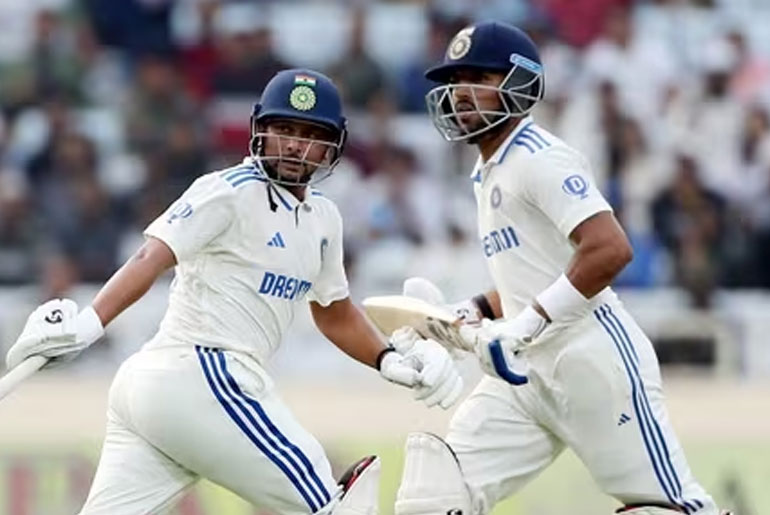The Ranchi Test provided a compelling display of resilience and determination, notably in the partnership between Dhruv Jurel and Kuldeep Yadav during India’s first innings. The context was challenging, with India at 177/7, having lost three wickets for 16 runs. The top-order had collapsed, England led by 176 runs, the pitch favored spinners, and challenging conditions made a significant first innings lead a potential precursor to defeat. In this critical moment, Jurel and Kuldeep chose not to succumb to the pressure but instead fought back.
While assessing players, two crucial qualities come to the forefront: skill and heart. Skill evaluation involves observing a player’s comfort in the middle, shot execution, footwork, timing, defense, technique, and power. In contrast, gauging heart is a more intricate task. Placing players in challenging situations reveals their true character – whether they adopt a defensive approach, lose the will to fight, or maintain initiative when facing adversity. Those with heart not only withstand challenges but elevate their performance, sending a powerful signal to the opposition.
Ranchi witnessed England dominating, with Ben Stokes orchestrating frequent fielding changes and Shoaib Bashir, an unexpected contributor, delivering a performance reminiscent of R Ashwin. However, the momentum shifted when faced with the resilience of Jurel and Kuldeep. Their determined stand halted England’s progress, illustrating the immeasurable impact of heart in the game of cricket.







